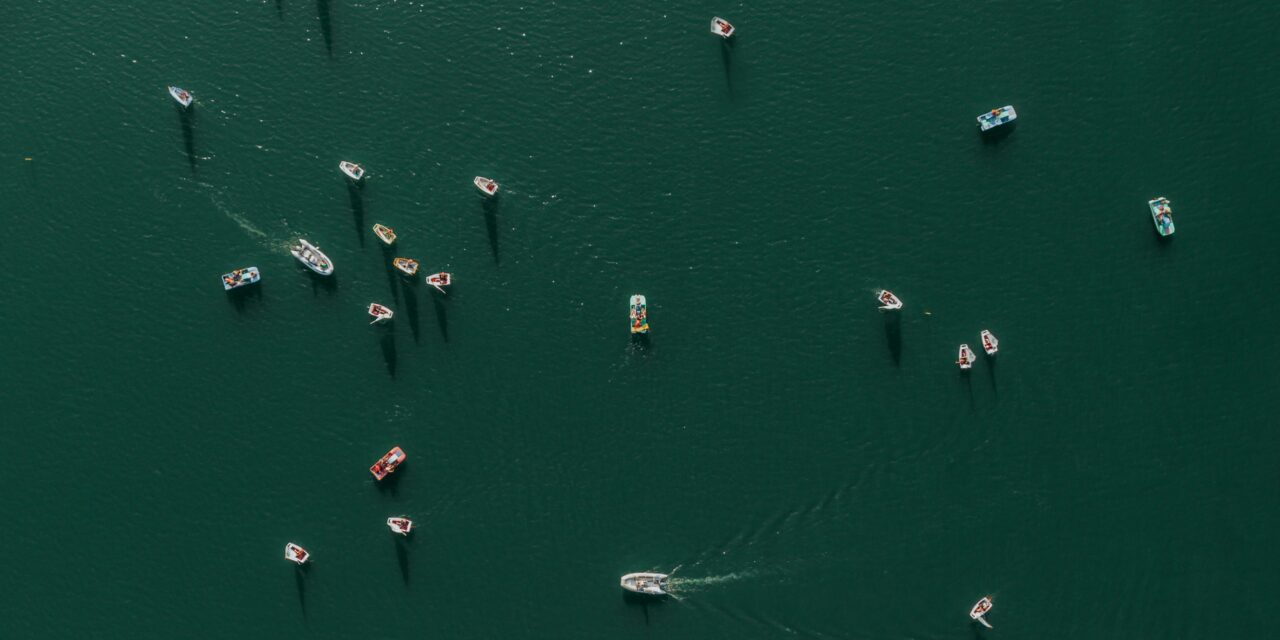Migration flows and human trafficking via maritime routes were at the heart of discussions as Monaco’s Academy of the Sea held a round table on this critical issue during its second summer session…
Hosted at the International University of Monaco, the afternoon brought together lawyers, scientists, students, and NGO representatives to explore the legal, human, and geopolitical aspects of these perilous crossings.
Christine d’Atomel, addressing attendees, underlined that while media attention on maritime migration has waned since the high-profile rescues of ships like Aquarius and Viking’s Darling in the late 1990s, the reality remains dire. Crossings across the Mediterranean continue, with death tolls rising each year.
D’Atomel shared a personal encounter from Cameroon with a young woman who, despite her love for France, declined to risk the dangerous journey after learning of the trafficking networks, financial extortion, and risks of violence, exploitation, and even death that migrants often face.
She explained that addressing these flows requires more than maritime response; it demands improving conditions in migrants’ home countries to reduce the need to flee. The session also explored UN protocols governing migrant smuggling and human trafficking, alongside the relevance of maritime law, international law, and European Court of Human Rights jurisprudence in protecting vulnerable people at sea.
The Academy of the Sea aims to position Monaco as a hub for reflection and action on global maritime challenges. As thousands continue to risk their lives each year to cross oceans and seas, the discussions highlighted the urgent need for integrated approaches to tackle human trafficking and support safe, dignified migration pathways worldwide.
Photo by Janke Laskowski


